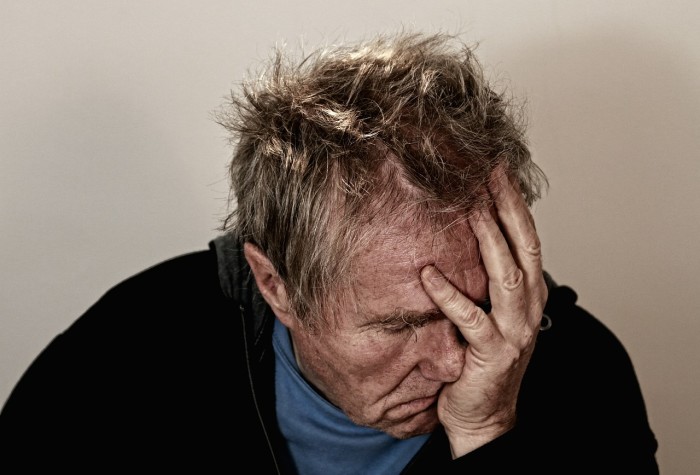Many habitual users of opiates and opioids such as Vicodin, OxyContin, Codeine, morphine, and heroin are prescribed suboxone for the purposes of detox and withdrawal. Although for many clients suboxone is an effective medicine for opiate recovery, some who take suboxone for legitimate purposes wind up addicted. If you or someone you love is addicted to suboxone, The Ranch PA’s suboxone rehab program can help. Unfortunately, some suboxone users find the drug habit-forming, and trying to quit suboxone without help causes uncomfortable and even painful symptoms. At The Ranch PA, our well qualified staff of therapists can help free you or your loved one from the devastating physical and emotional symptoms of addiction. We will help you manage the early days of detox and customize a holistic recovery plan that will incorporate today’s most progressive and successful therapies, including Cognitive Behavioral Therapy and Biofeedback. Learn more about suboxone, and find out how you or your loved one can begin a lifelong recovery at The Ranch PA. The Short and Long-Term Effects of Suboxone Suboxone is known by a number of street names, including sobox, bupe, stops, stop signs, oranges, subs, and others. Suboxone has proven remarkably effective in clients who must fight the cravings associated with opiate addiction because the different drugs combined in suboxone counteract the effects of each other. Buprenorphine is a partial opiate agonist and does not produce an extreme high, unlike other opiates and opioids. Naloxone, when injected, counteracts the mild high produced by buprenorphine. Suboxone users who abuse their medications and take excess amounts often suffer from drowsiness, poor judgment, flu-like symptoms, nausea, dizziness, and feelings of detachment. When combined with other drugs, suboxone can increase their effects, which is why caution is essential. Suboxone-dependent users breathe slowly, suffer seizures, and lose consciousness. Those who overdose on suboxone can become comatose or even die, especially when people combine suboxone with alcohol or other drugs such as tranquilizers, sedatives, painkillers, antidepressants, antihistamines, and muscle relaxers. Driving while on suboxone can be extremely dangerous as well. Incorporating suboxone as part of a medically monitored drug rehab requires expert administration and careful monitoring. Combining suboxone with other drugs and alcohol can result in severe respiratory distress, coma, and death. Some users have developed hepatitis, the symptoms of which include yellowing of the skin and eyes, reduced appetite, nausea, stomach cramps, dark urine, and light bowel movements. Long-term use of suboxone can also cause hair loss, reduced sex drive, emotional difficulties, dry mouth, decreased testosterone, and constipation; coming off suboxone can result in a variety of uncomfortable symptoms, many of which do not occur until well after treatment has subsided. Although a person who is accustomed to taking an opiate can successfully take suboxone, a user who has never tried suboxone could overdose easily. Finally, although suboxone can counteract the effects of opiate withdrawal, it does not stop the addict from craving an opiate high. Suboxone Rehabilitation at The Ranch PA Both using suboxone as part of a drug rehab regimen and detoxing from suboxone requires careful, knowledgeable medical attention because withdrawal symptoms often do not present themselves for a prolonged period of time. As the suboxone abuser gradually becomes accustomed to not using, he is likely to feel irritable, discontent, and restless; without proper care, an addict risks returning to drug abuse to self-medicate these uncomfortable symptoms. In addition, because a suboxone dependency likely began because of addiction to another drug, follow-up psychological treatment is necessary to address dependency’s root causes. The Ranch PA’s experienced and qualified staff is well positioned to help you and your family understand more about this powerful drug, as well as addiction and recovery. For more information on suboxone detox and suboxone dependency rehabilitation, please call us now at 1-877-548-4794. Disclaimer: The people shown in this photo are models and are used for illustrative purposes only. Photo via

